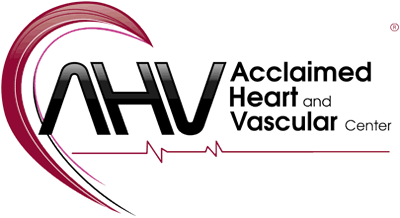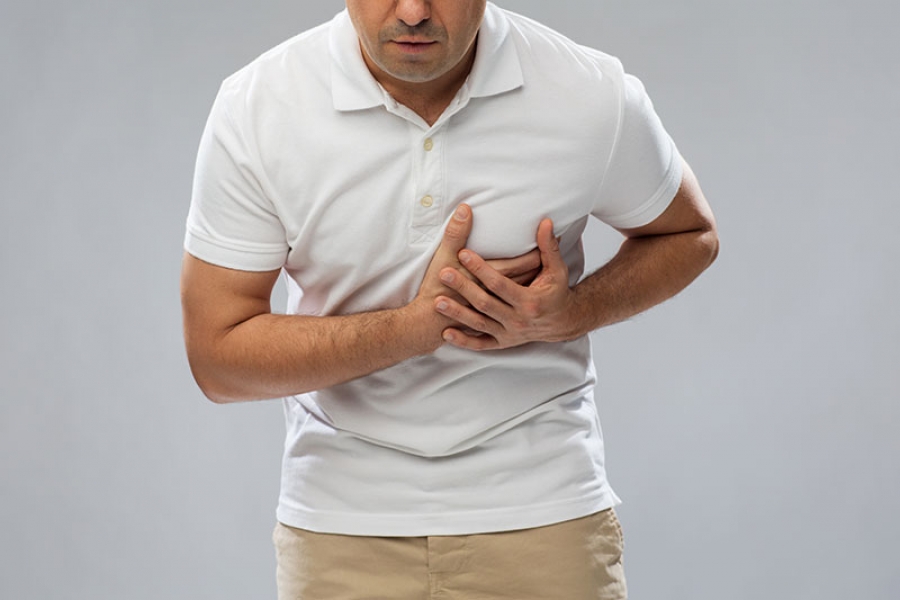Causes
- Normally, the heart's most rapidly firing cells are in the sinus (or sinoatrial or SA) node, making that area a natural pacemaker.
- Under some conditions almost all heart tissue can start an impulse of the type that can generate a heartbeat. Cells in the heart's conduction system can fire automatically and start electrical activity. This activity can interrupt the normal order of the heart's pumping activity.
- Secondary pacemakers elsewhere in the heart provide a "back-up" rhythm when the sinus node doesn't work properly or when impulses are blocked somewhere in the conduction system.

Acclaimed Heart and Vascular Center
We deliver excellent care with compassion after discussing your health and treatment plan with simplicity.
Symptoms
Arrhythmias can produce a broad range of symptoms, from barely perceptible to cardiovascular collapse and death.
A single premature beat may be felt as a "palpitation" or "skipped beat." Premature beats that occur often or in rapid succession may cause a greater awareness of heart palpitations or a "fluttering" sensation in the chest or neck.
When arrhythmias last long enough to affect how well the heart works, more serious symptoms may develop:
- Fatigue
- Dizziness
- Lightheadedness
- Fainting (syncope) or near-fainting spells
- Rapid heartbeat or pounding
- Shortness of breath
- Chest pain
- In extreme cases, collapse and sudden cardiac arrest
Risk Factors
Just having an arrhythmia increases your risk of heart attack, cardiac arrest and stroke.
- Reduce high blood pressure
- Control cholesterol levels
- Lose excess weight
- Eat a heart-healthy diet
- Stop smoking and/ Avoid tobacco smoke
- Enjoy regular physical activity
- Alcohol - only use in moderation if at all, speak with your doctor about alcohol use. If you drink alcohol, do so in moderation.
If you experience any of the above symptoms, please contact Dr. Shahzad or call 911 immediately!
DISCLAIMER: THIS WEBSITE DOES NOT PROVIDE MEDICAL ADVICE
The information, including but not limited to, text, graphics, images and other material contained on this website are for informational purposes only. The purpose of this website is to promote broad consumer understanding and knowledge of various health topics. It is not intended to be a substitute for professional medical advice, diagnosis or treatment. Always seek the advice of your physician or other qualified health care provider with any questions you may have regarding a medical condition or treatment and before undertaking a new health care regimen, and never disregard professional medical advice or delay in seeking it because of something you have read on this website.

